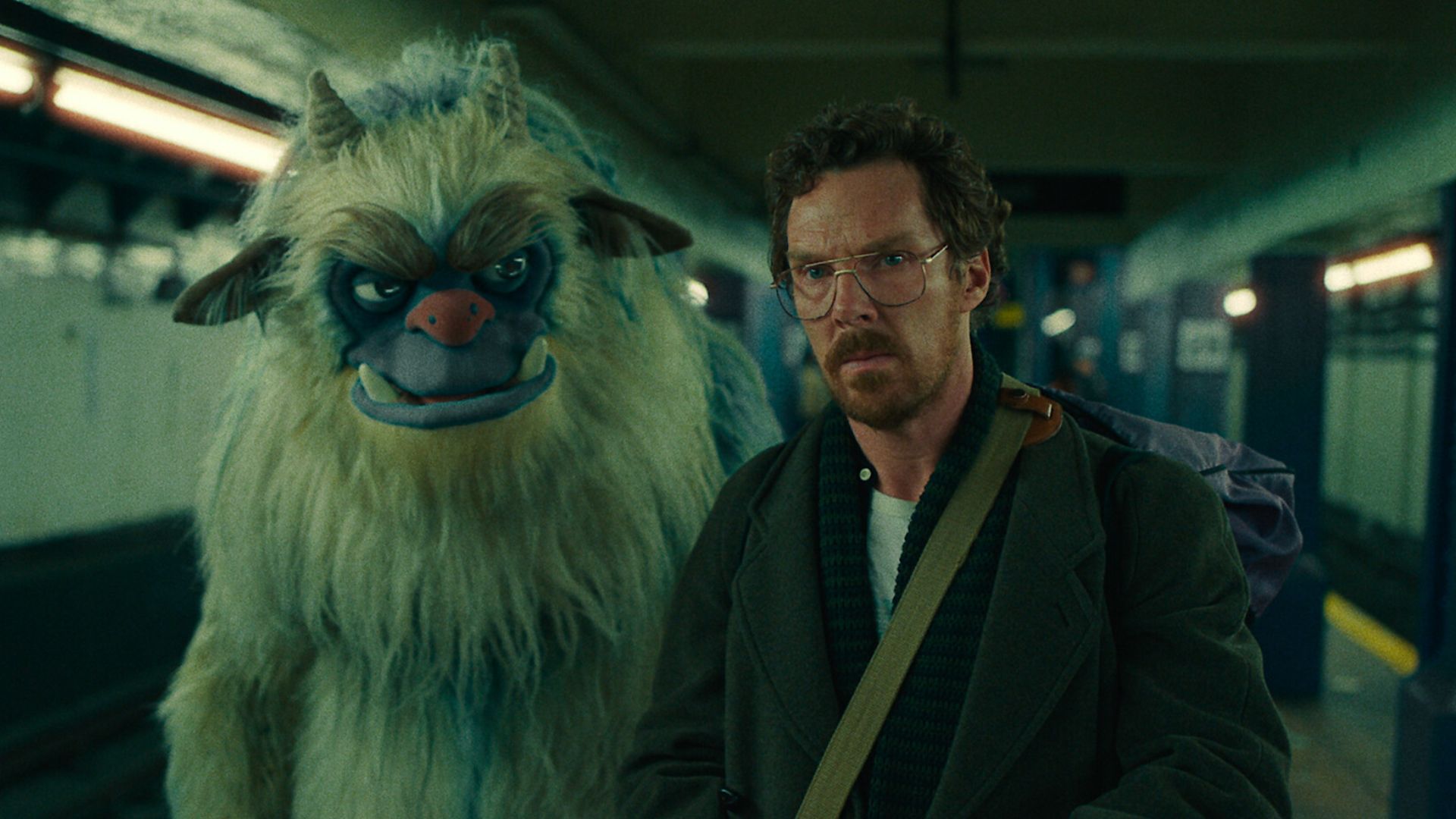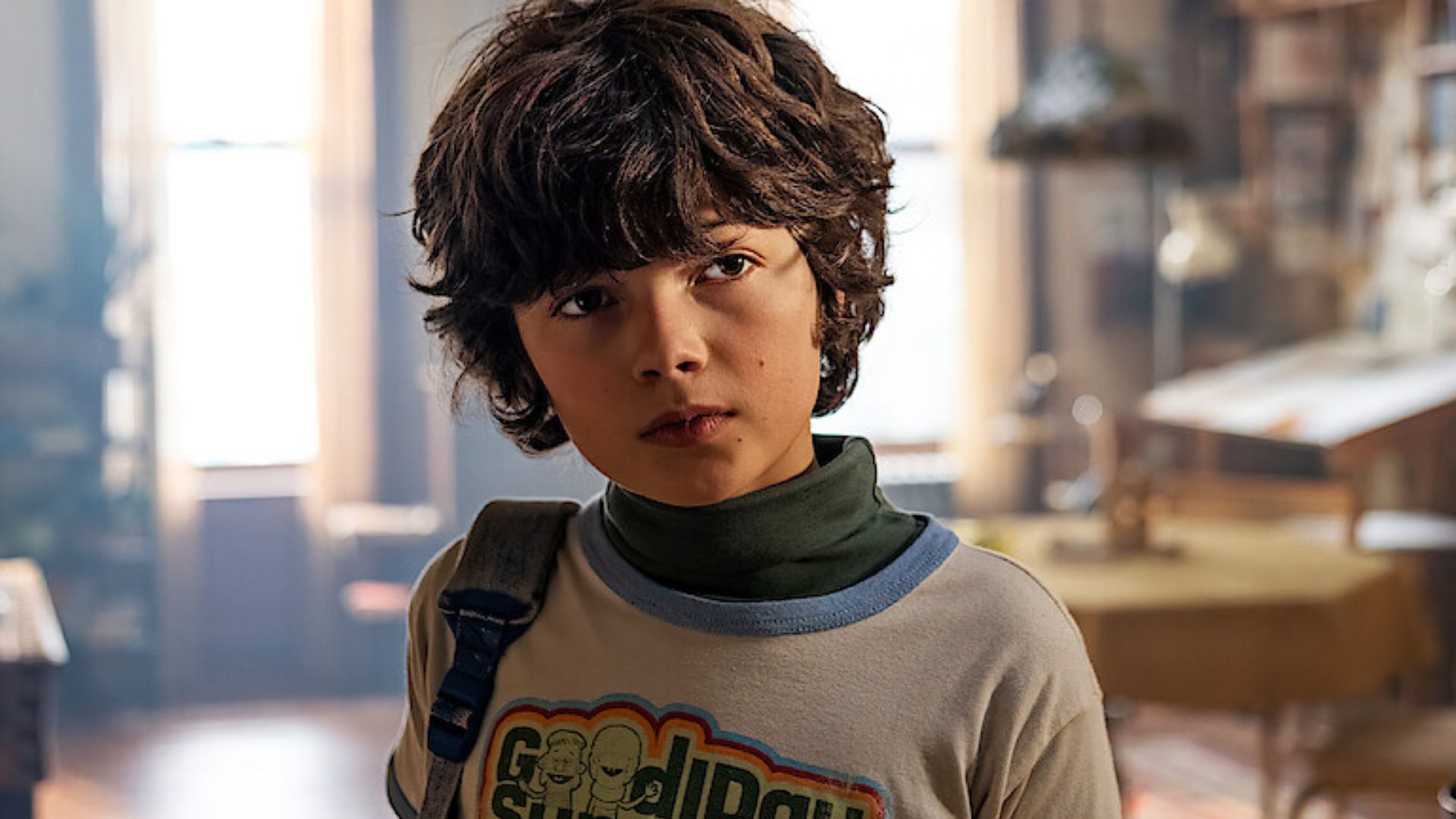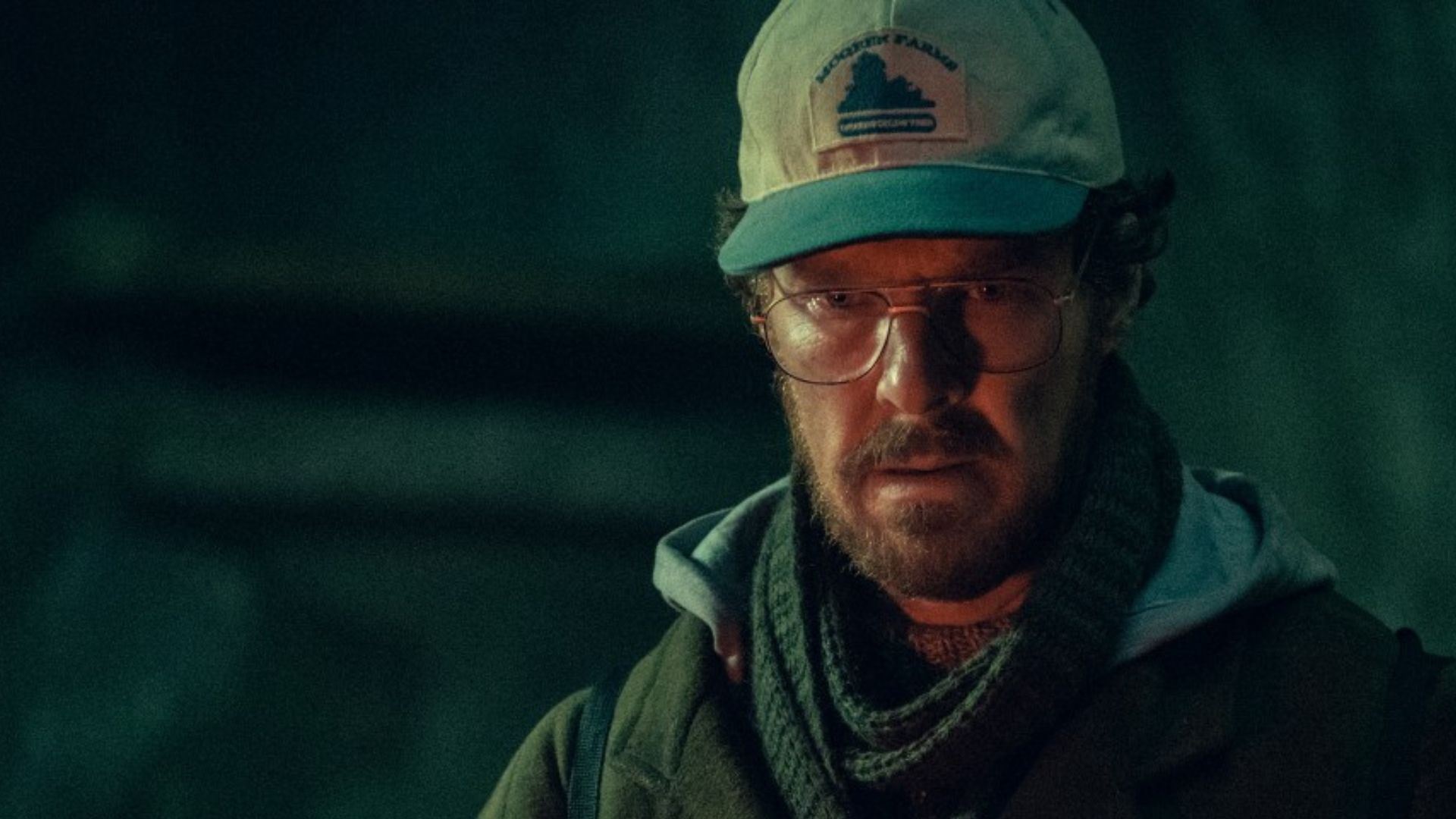Netflix's Eric ending explained: Is it based on a true story, and does Edgar make it home safely?
Benedict Cumberbatch's gripping Netflix series had fans on the edge of their seats - following the final episode, here we explain the ending of Eric


Netflix's latest thriller series Eric has forced fans to the edge of their seats as they wait to see if series lead Vincent can find his missing son Edgar and bring him back home to safety. And many have been left wanting the show's confusing ending explained.
Netflix has released so many incredible shows and films recently, with viewers flip-flopping between romances like season three of Bridgerton, to thrillers like the streamer's release of the 2022 film Where the Crawdads Sing.
But luckily, despite the sea of new releases, their thriller series Eric was not lost in the chaos and has been receiving praise from both viewers and critics for it's enthralling, emotional storyline.
Eric follows the story of a puppeteer named Vincent as he searches around New York's Manhattan for his missing son, nine-year-old Edgar, who has been kidnapped. Through the lens of this kidnapping, the plot highlights many of the rampant issues faced by the city throughout the 80s, when it is set. From structural inequity and the AIDS epidemic, to white collar crime and addiction, viewers are taken in by the horrific truths of the age, all the time encouraged to watch on to see if Edgar is ever returned home.
“This is a drama and a quest of a man who goes in search of his son and goes on that journey deep into himself, but also deep underground into the underbelly of New York’s economic underclass, which has been ignored, abused, and corrupted,” screenwriter Abi Morgan told Tudum of the story.
As well as exposing him to New York's seedy underbelly, Vincent’s journey to find his son also forces him to face his alcoholism and his deteriorating marriage. This all piles on the pressure as, in tandem with his search, he also has to keep up with his work on a successful children’s TV show, Good Day Sunshine. We see his mental health deteriorate as the search becomes an obsession and Vincent starts to see a large puppet named Eric and begins conversing with him during the search.
But does he manage to finish his search and bring Edgar home? Viewers were worried we'd never see the series reach a happy conclusion but here we explain the ending to Netflix's Eric and share all the details.
Sign up to our free daily email for the latest royal and entertainment news, interesting opinion, expert advice on styling and beauty trends, and no-nonsense guides to the health and wellness questions you want answered.

Eric ending explained
In the final episode of Eric, we see Vincent at his lowest point in the entire season. He's passed out in New York's subway tunnels after failing to find his son Edgar down there. But as viewers begin to loose hope, Vincent comes to and is drawn to a drawing on the tunnel walls of a furry puppet. He recognises the style immediately - it's a drawing by his son.
The drawing spurs Vincent on and he quickly comes up with a plan to get Edgar home. He steals a puppet costume, putting it on to become the show's infamous Eric and runs in front of a news camera that's covering a nearby protest. He appeals to his son while in the costume, with the show's screenwriter Abi Morgan saying the moment is a particularly poignant one for the father.
“We see the full weight of Vincent’s psychological breakdown, but we also come to see that this is a man who’s starting to make sense of his own role in his son’s disappearance,” she told Tudum.
Vincent then takes off the Eric head and makes a plea to the television cameras, speaking candidly to his son. “He sends out this message to [Edgar], ‘Race you home,’ which is a code that father and son [used with] each other,” says Morgan. “He comes to realize that he would never let Edgar win, and that was a key thing he learned through the journey: It’s time to try and let Edgar win.”
Edgar sees the message while he's eating French toast at a diner and runs all the way home to be reunited with his father. The series ends with the pair embracing and, let's be honest, all of us watching at home bawling our eyes out.
Morgan explained the ending to Tudum, saying, “This episode is really about Vincent very narrowly losing his son, but in regaining his son, he also regains himself.
"There’s a key line when he says goodbye to Cassie, preparing to go into rehab, where he says, ‘I’m that toxic thing. It’s me.’ While everyone else was looking for the monsters, for the motivation for what had happened to Edgar, the motivation and the monster is within [Vincent] — he’s Eric.”

Is Netflix's Eric based on a true story?
Netflix's Eric is not based on a true story but it was inspired by the real life experiences of screenwriter Abi Morgan’s time working as a nanny in ’80s New York. While there was no one kidnapping story that inspired the plot, Morgan used her first hand experience of living in the city and working with children during a time when New York was plagued by many societal worries to inform the story and wanted to highlight what it was like living there through the eyes of the children she worked with.

Charlie Elizabeth Culverhouse is a freelance royal news, entertainment and fashion writer. She began her journalism career after graduating from Nottingham Trent University with an MA in Magazine Journalism, receiving an NCTJ diploma, and earning a First Class BA (Hons) in Journalism at the British and Irish Modern Music Institute. She has also worked with Good To, BBC Good Food, The Independent, The Big Issue and The Metro.
